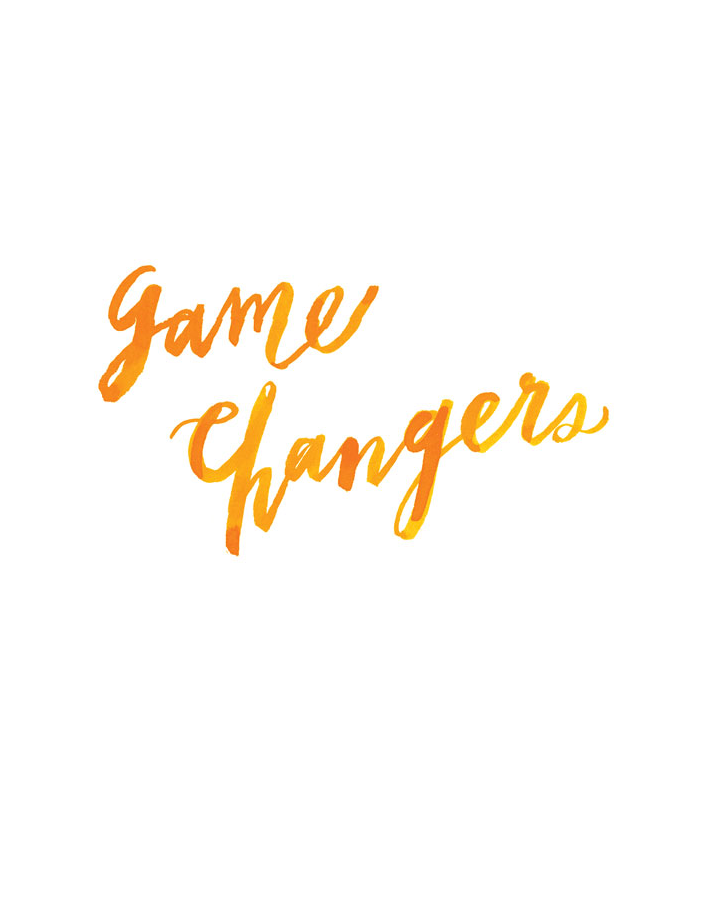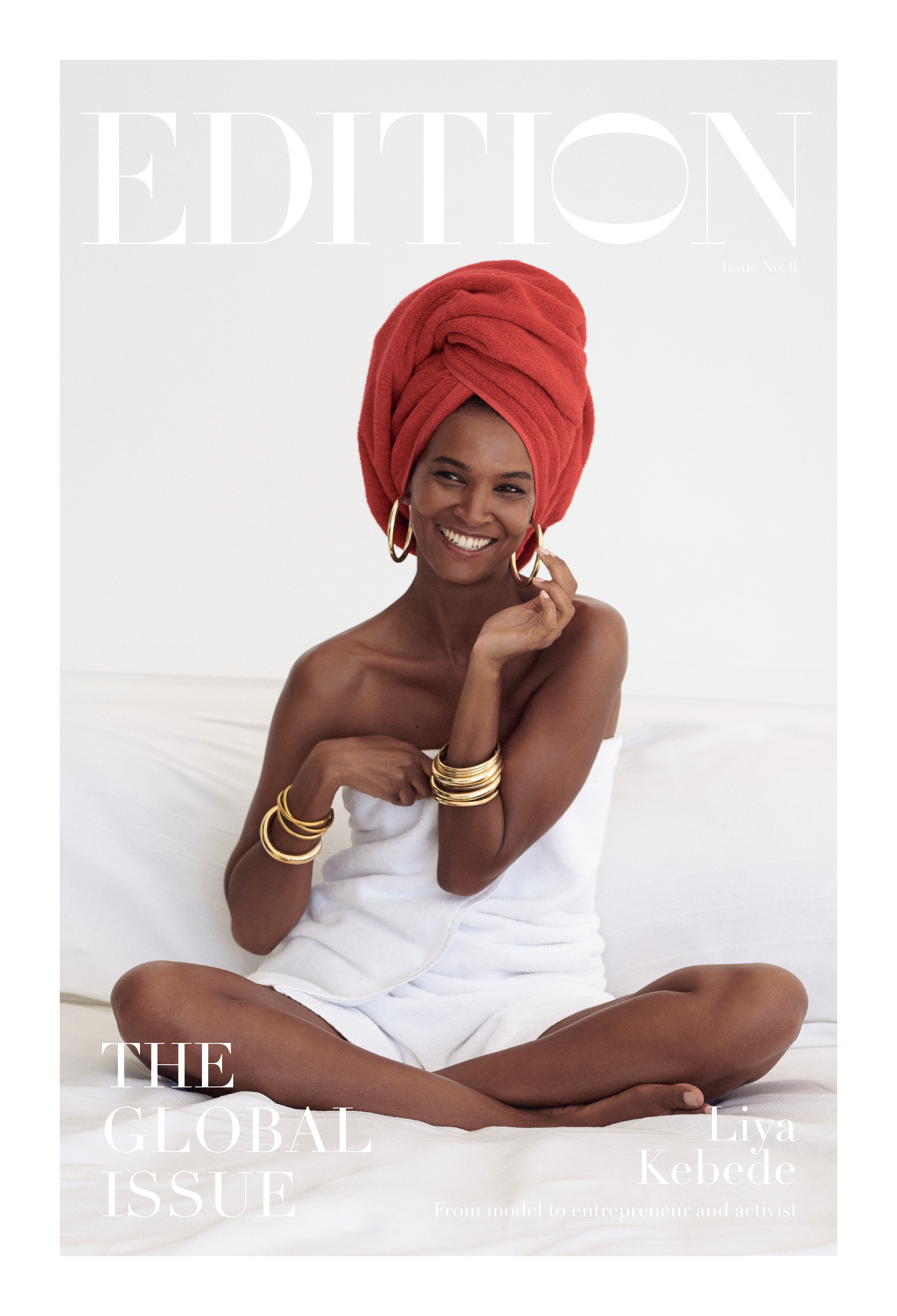
Global Issue
Global Issue: Editor’s Letter
Editor’s Letter
John Fraser
The Michelin-starred chef has a story to tell you through his cooking
Pundy’s Picks for Conscious Travel
Six tips for considered and conscious travel
Genmaicha Martini Recipe
The classic martini plus the health benefits of green tea
The Spread Love Project by Nicholas Konert
How Nicholas Konert’s rainbow heart design became an international icon
Wade Davis
Anthropology is the antidote to today’s nativism says the scholar and author
Carla Sozzani
The future of retail according to the founder of legendary concept store 10 Corso Como
The Art of Migration
The power of art to inspire empathy and social action
John Pawson
Zen Buddhism and minimalist purity drive the celebrated architect
Amy Duncan
As the CBD line Mowellens expands into skincare, its founder shares the personal story behind her company
Sila Sveta
Moscow’s favorite media studio finds the perfect balance between art and commerce
David de Rothschild
In his calls for environmental awareness, the modern explorer finds harmony between man and nature
Can Fashion Be Sustainable?
Shaping a better world through what you buy – or don’t
Brendon Babenzian
Supreme’s former creative director wants to end the cycle of consumption with his new brand Noah
Lily Kwong
Nature invades the urban jungle in the landscape designer’s expansive projects
House of Yes
Behind the scenes with the Bushwick nightlife collective promoting inclusivity and consent culture
Vivie-Ann Bakos
DJ Extraordinaire
Chez Dede
A medium in which two world-traveling, adventurous spirits absorb the globe’s vast curiosities and share them freely
Jesse Israel
A meditation guide for extraordinarily large groups
Liya Kebede
The Ethopian model, activist, and entrepreneur uses her label Lemlem as a force for change
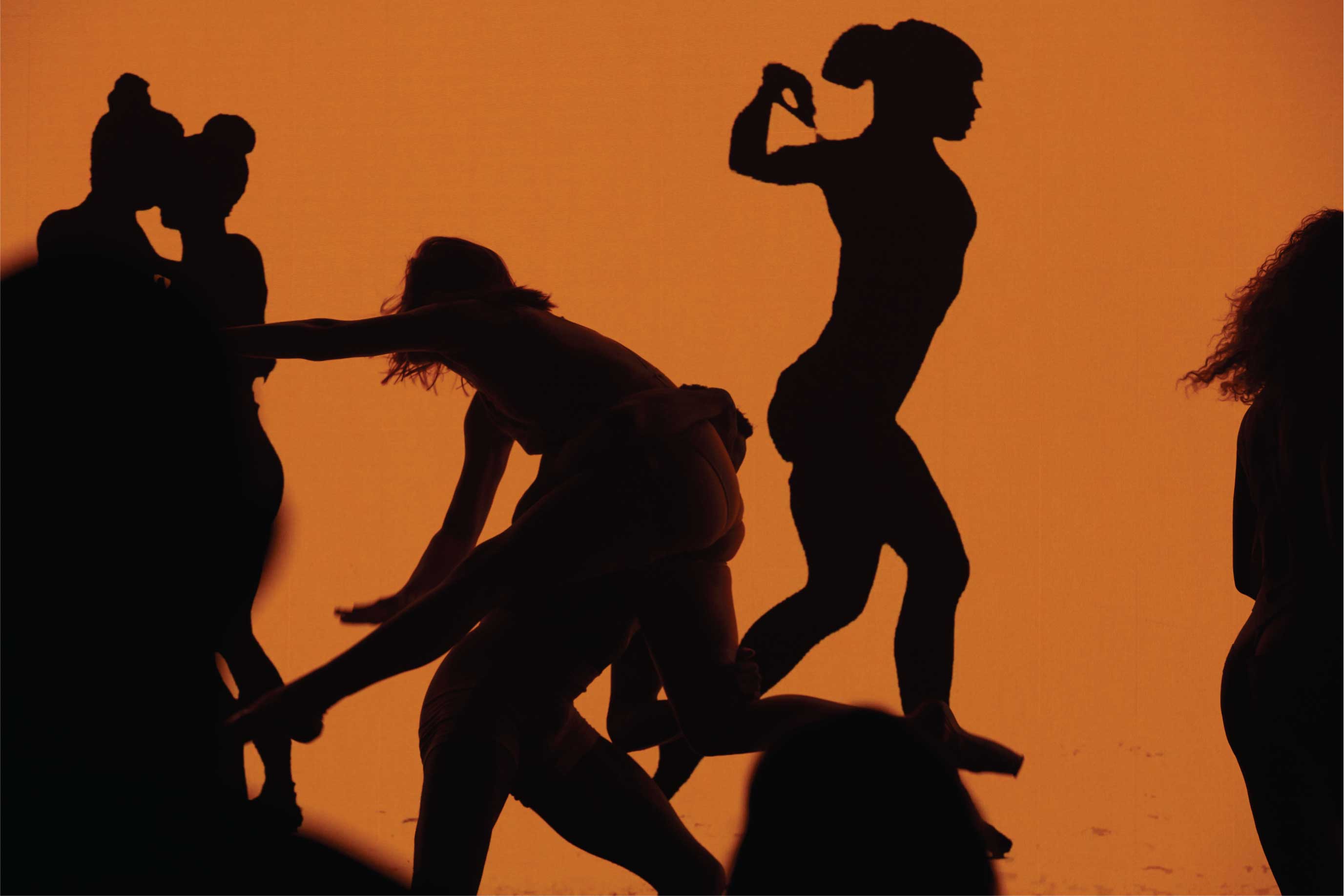
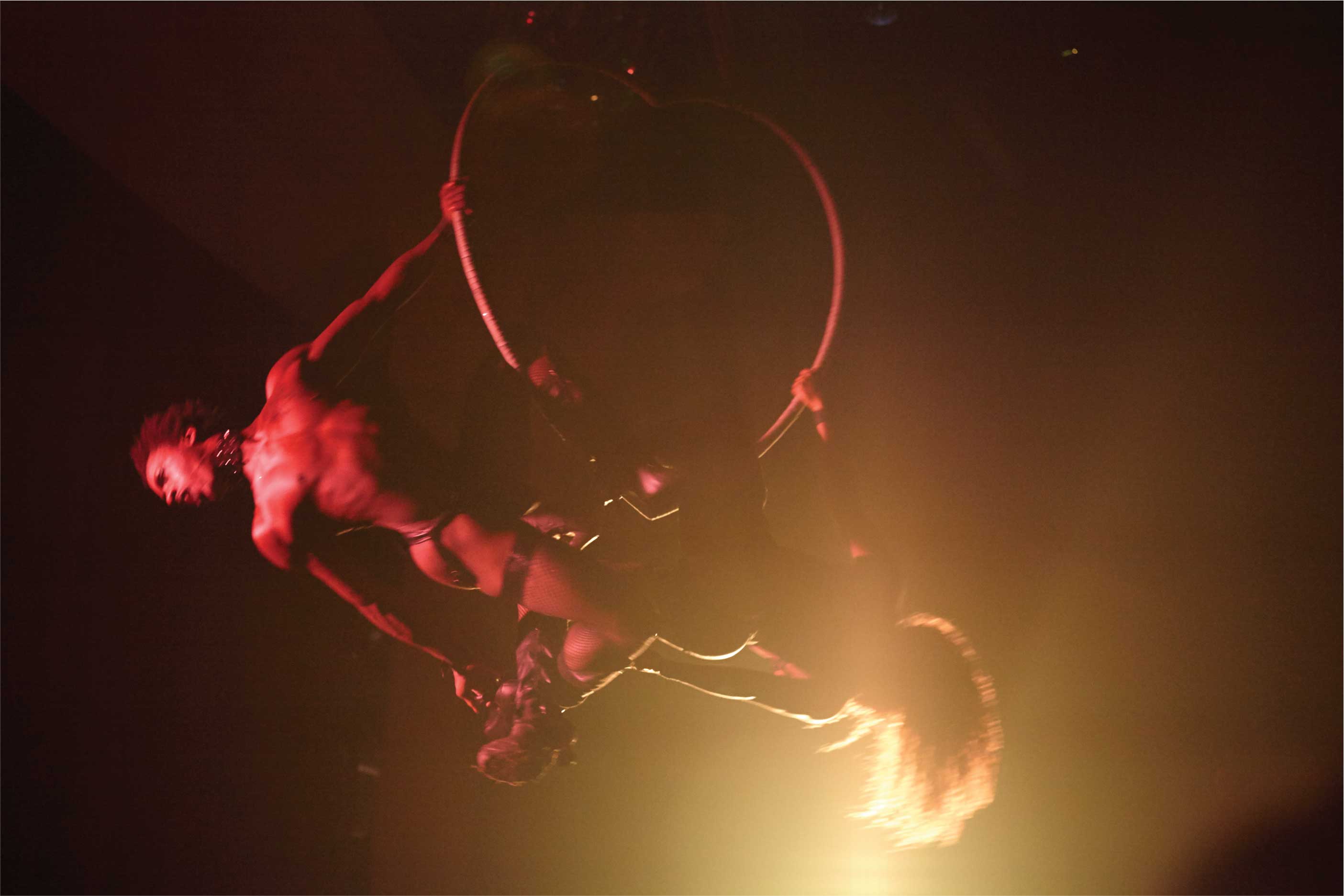
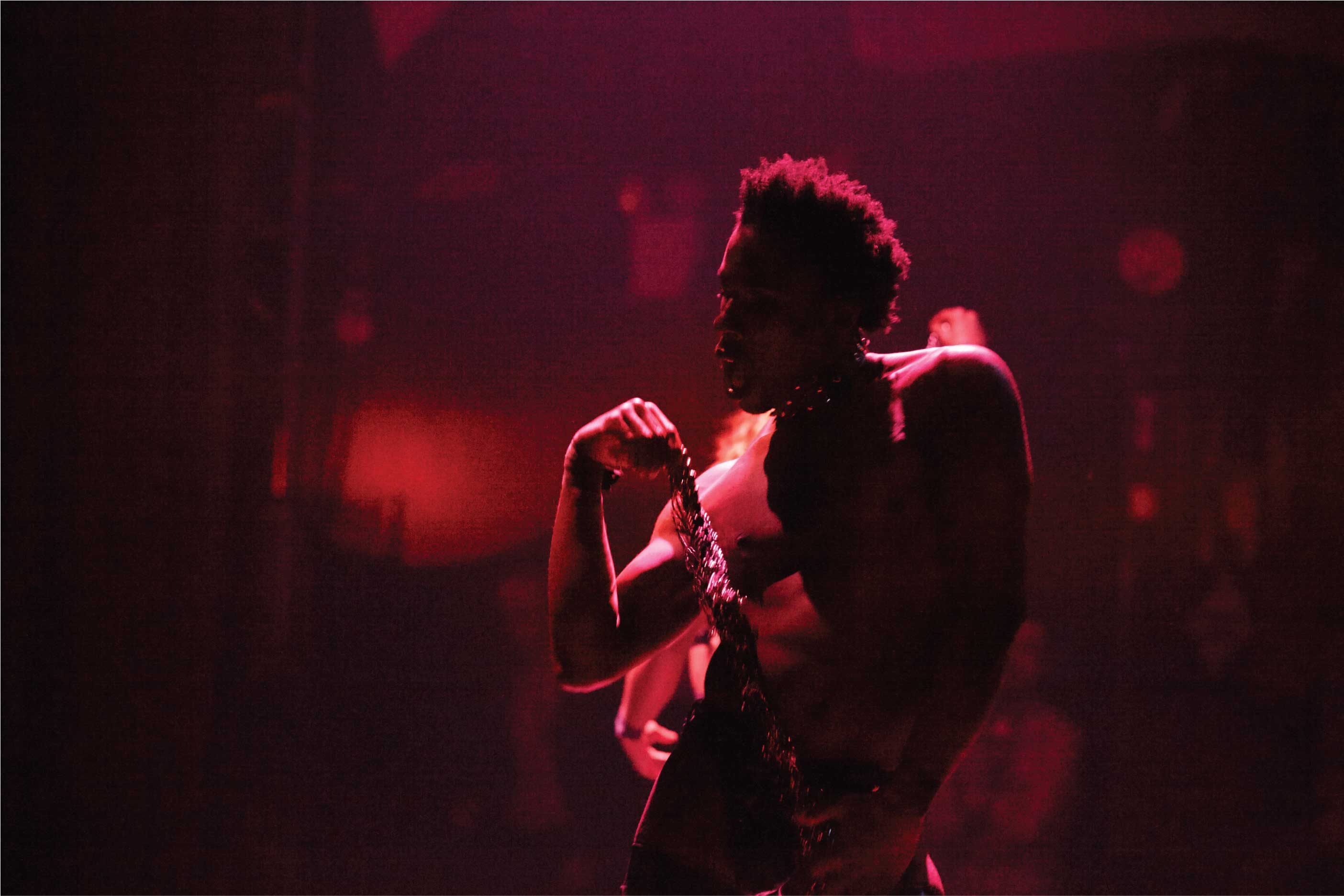
On a muggy Sunday earlier this summer, anyone exiting the L station at Jefferson Street in Bushwick was greeted by the sound of cheers and laughter, backed by the thrumming groove of a DJ set pulsing across one of House of Yes’ famous block parties. Every few months, the famed creative collective welcomes the neighborhood to join in its uniquely inclusive form of partying, bringing its glowing, glittery vision of nightlife onto the streets and into the daylight for a few brief hours.
Founded in 2015 by Kae Burke and Anya Sapozhnikova, who have been friends since they were teenagers growing up around Rochester, New York, House of Yes is best known as a massive Brooklyn nightclub that celebrates diversity and originality while offering late-night dance parties and mind-bending performances. But for the founders, the idea began with the circus. Both trained aerialists, the pair first started organizing parties in order to support their art. “At our core, we didn’t start throwing parties,” Sapozhnikova explains. “We weren’t being producers, we just had parties—what do we want to listen to, who do we want to come, when do we want to do this?”
That organic, DIY attitude has guided the pair through years of steady growth into the scenemaking group they are today, with pop-up venues at festivals like Bonnaroo and a position overseeing the programming at the immersive, experiential

Paradise Club at the Times Square EDITION. Even on this larger scale, however, every night at House of Yes carries a sense of secrecy and intimacy, as if the party were being thrown just for you and your friends, despite the hundreds of strangers in the room. This feeling is essential to the group’s success and explains why it is managing to make its mark in a nightlife scene that is increasingly overwhelming and overrun with corporate sponsors, branding, and a sense of monotony. “That is the biggest challenge,” Sapozhnikova admits. “There is an endless amount of cool art and music to book, but how do you keep it legit? How do you keep it what it is at the core? That is complicated.”
Burke and Sapozhnikova’s solution is to always keep their origins and values in mind. “Now looking back on it, this is part of the same lineage as when we were all like sixteen and people would get permits in parks and throw shows,” Sapozhnikova laughs. “Now we would call that DIY fifteen years after the fact.” New partners and collaborators are expected to subscribe to that same perspective. “House of Yes welcomes everybody,” she adds, “as long as they are innovative, they are passionate, they’re aligned with our ethos of inclusivity, and they’re aligned with the ethos of how we’re not just making art or having fun, but how do we make the world better?”
Key to that drive is House of Yes’ emphasis on consent culture, something that is sorely lacking in the hospitality industry. “We are living in a misogynist country and the world is messed up and it has been for a long time,” Sapozhnikova says. “Nightlife is where you’re creating the perfect environment [for trouble]—it’s dark, people are drinking, they’re partying. Nightlife is a cultural outlet for everyone to be irresponsible and reckless and wild and crazy and it’s necessary. You can’t have a culture without that blowing off steam.” The House of Yes team takes its responsibility seriously, especially now that it has become an example many other venues and groups are looking up to as a way forward. “Being a woman in nightlife, it’s so much more glaringly obvious, because of my experience,” Sapozhnikova explains. “I’m coming from a performance background and wearing the skimpiest outfit out of anyone in the room and being exposed and out there. It’s very, very, very obvious what the problems are and what needs to be done. Now we’re in a position where we are running things and we have a predominantly female team and it’s very queer and everyone is completely in tune with that [consent] culture and they’re activists about promoting that culture.”
Visiting House of Yes, then, promises all of the pleasures of an epic night out, but also perhaps a shift in mindset. If the riskiest and most tempting of situations can be made safe, there is hope that the rest of the world can be as well. “Nightlife has always been at the forefront of cultural shifts and doing things differently,” Sapozhnikova says. “That’s where we’re the most human.”
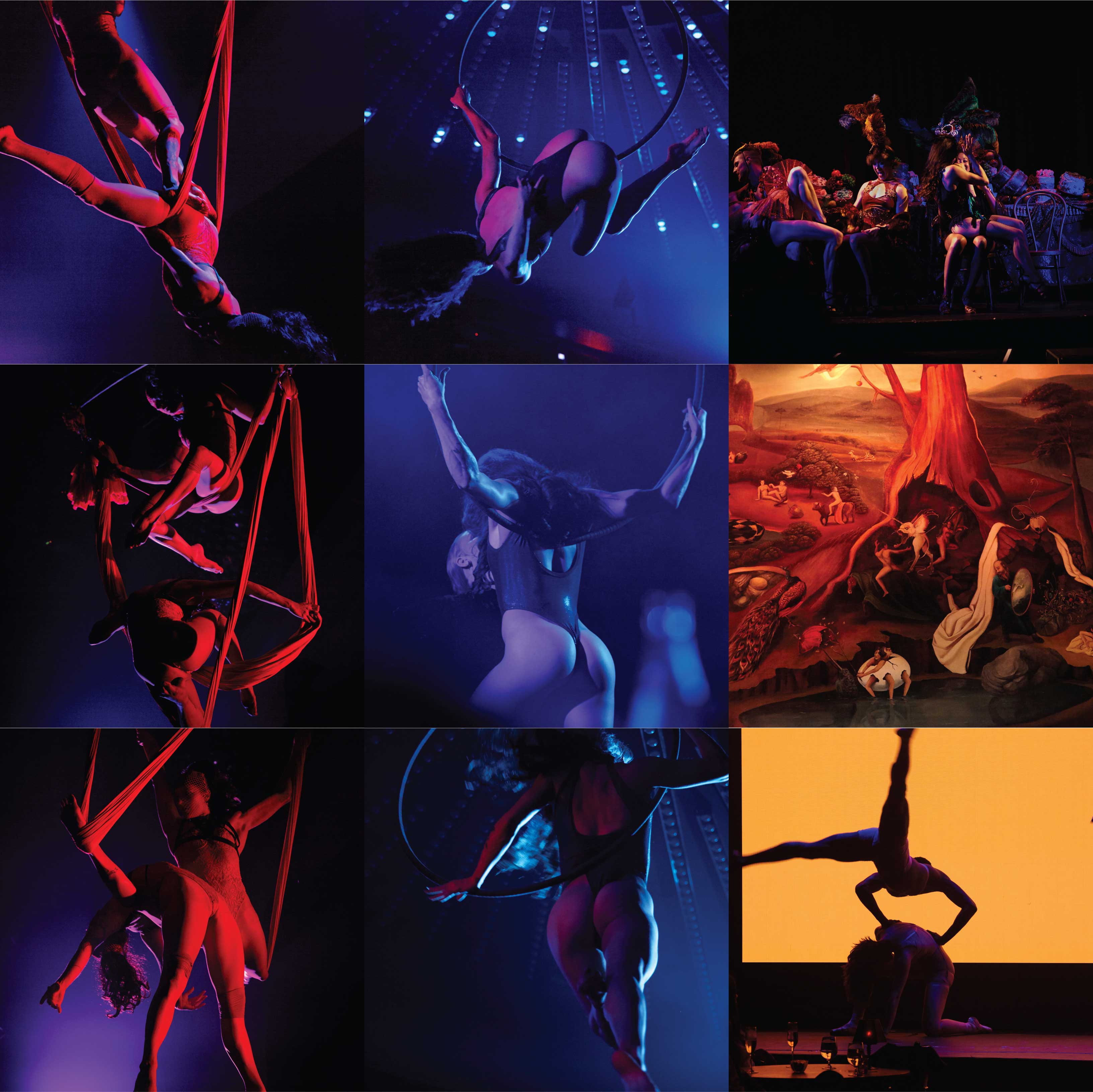
Art & Culture
The power of art to inspire empathy and social action
Zen Buddhism and minimalist purity drive the celebrated architect
Moscow’s favorite media studio finds the perfect balance between art and commerce
Behind the scenes with the Bushwick nightlife collective promoting inclusivity and consent culture
DJ Extraordinaire
A medium in which two world-traveling, adventurous spirits absorb the globe’s vast curiosities and share them freely
A meditation guide for extraordinarily large groups
Experiences
Moscow’s favorite media studio finds the perfect balance between art and commerce
In his calls for environmental awareness, the modern explorer finds harmony between man and nature
Behind the scenes with the Bushwick nightlife collective promoting inclusivity and consent culture
DJ Extraordinaire
Food & Drink
The Michelin-starred chef has a story to tell you through his cooking
Six tips for considered and conscious travel
Personalities
Style
The classic martini plus the health benefits of green tea
How Nicholas Konert’s rainbow heart design became an international icon
As the CBD line Mowellens expands into skincare, its founder shares the personal story behind her company
Nature invades the urban jungle in the landscape designer’s expansive projects
The Ethopian model, activist, and entrepreneur uses her label Lemlem as a force for change

